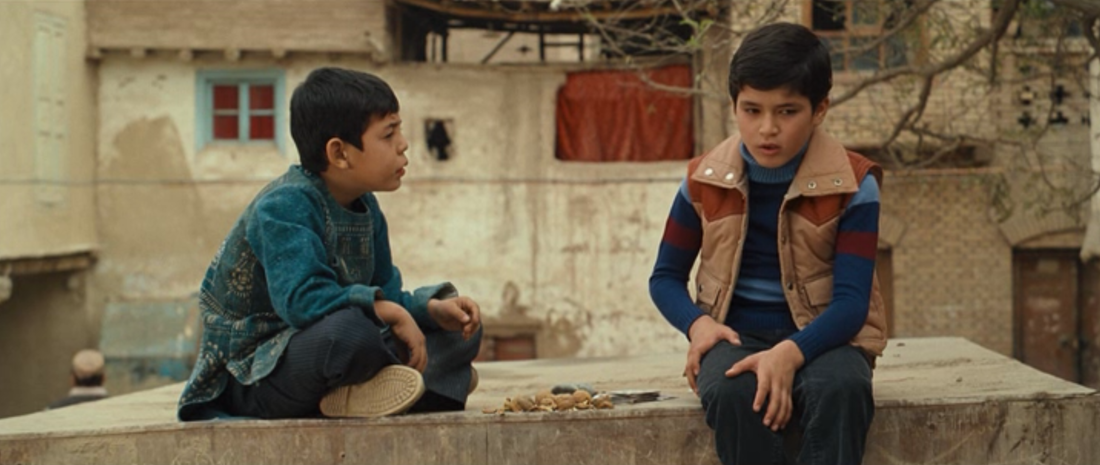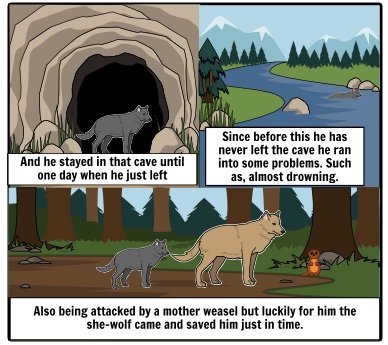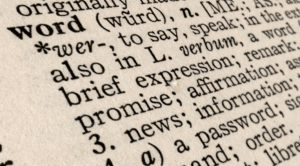History and Hesse
My dearest coddled Millenial, if you weren’t aware, this is what Herman Hesse thinks of our generation:
[The Age of the Feuilleton] appears to have had only the dimmest notion of what to do with culture… It was, according to Ziegenhalss, an era emphatically “bourgeois” and given to an almost untrammeled individualism. (10)
I forgot to mention, though, that Hesse is writing from the perspective of a twenty-third century scholar who’s taking his stock on the general development of intellectually history over the past 500 years. That said, I still think there are some grounds for offense here, or at least for some disagreement.
We have museums in every city, music in our streets and theaters. Art is free and open to all. Bob Dylan just won a Nobel Prize for Pete’s sake. Don’t try and tell me we can’t put culture in its proper place (dissenters hold your peace). As to the “bourgeois” claim, our neoliberal framework of stratified economics, expensive legislation (read: campaign financing and lobbying run amuck), and intellectualized technocracy appears to be anything but middle class. And last, as far as “untrammeled individualism” goes, well, Herman, I think you might have us there.
But why is it that we can have such opposing views on the status of our time? Are we not looking at the same thing? To ask a more general question, why is it that historians can hold defensible yet opposing views of historical issues? Is history a purely relative matter? Dare we say that history is in the eye of the beholder? Surely not. Stand up, Millenials. Prove him wrong. Show us that history has lessons yet to tell. Do it for our generation, my fellow spoiled brats.
A book that we’re going to find useful in answering this question is Hesse’s The Glass Bead Game. And what makes this book so relevant to our question is its genre: fake historical fiction. Please suspend disbelief for a moment, there is a way out of this double negative. Historical fiction is a genre in which plot takes place in the past. That is, a work of historical fiction takes established history and fictionalizes it, allowing us to analyze historical figures more closely, to understand historical narratives more deeply, and to learn in ways we possibly couldn’t without fiction. The Glass Bead Game takes this genre one step further: it pretends to be written by historians of the future. That is, the history these characters write about doesn’t actually exist yet. In reality, it’s a possible future, while in the book, it’s already the past. This unconventional framework let’s us directly address the relationship between fact and fiction. Which is to say, the book itself is a question of history. It asks what we value more, facts or the stories we tell to relay those facts.
But before we jump into that let’s ask the fundamental question: why is history not simply a relaying of past events, why is their historical disagreement in the first place? Well, we have to acknowledge that whenever we write history we are bridging a gap – the gap between events that actually happened and language. Please sit down and welcome to Literary Theory 101. As much as we might hate to admit it, language cannot express things in themselves, it is only a way of describing our perception. And this goes for the past as well. So, let go of that ideal. It’s not out there. All we have is what we think we know and our best guess at expressing it.
But there’s still a bigger question at play because historians do more than just name events – they tie them together. And they can tie things together in whatever way they want. The Glass Bead Game is a great example of this. Early on in the book, our fictional historians state what they deem valuable in historical investigation:
We moderns are not interested in a hero’s pathology or family history, nor in his drives, his digestion, and how he sleeps… For us a man is a hero and deserves special interest only if his nature and his education have rendered him able to let his individuality be almost perfectly absorbed in its hierarchic function without at the same time forfeiting the vigorous, fresh, admirable impetus which makes for the savor and worth of the individual. (5)
What our fictional friends are saying is that they have a historical worldview to which they subscribe. To them, the individuals who matter most are the ones who can discover their purpose and submit to it. They are the heroes of our story. No time for rebels, no need to investigate the idiosyncrasies of our characters, we only need to understand how individuals successfully interact with hierarchies. The theme is individuality vs. unity and that’s the framework around which we build our story. The lesson is clear: when we make history we make narratives, and it is these narratives, not events themselves, that determine our conclusions. Let that sink in. It’s not that through history we make stories, but that through our predisposition for storytelling we make history. Literally make it. The historians in The Glass Bead Game know what story they’re going to tell before they’ve told it.
This point goes further. When we subscribe to a narrative, we shape events to fit our historical mold. We can see this again with our academic amici in the Kingdom of Castalia. The life of Joseph Knecht, the protagonist of their story, is defined by the dialectic between individuality and compliance. Take, for instance, his decision to step down from the position of Magister Ludi (the most renowned title and important role in Castalian society). Another set of fictional historians could easily view this as disastrous moment in the history of the kingdom and thus delimit it in terms of its political consequences. Yet, our fictitious fact finders understand the event as a personal struggle, and therefore define the moment in terms of its relation to Joseph, its impact upon his life, and its value as a symbol of individualism and growth. Yet, both sets of thinkers would be talking about the same event strictly speaking. Historians place markers on the continuous flow of time, they define the boundaries of causality, and shape real moments in the past to their fancy. Moreover, their pre-established beliefs provide not only the structure for the story they want to tell, but also the evidence.
Up until this point we’ve been thinking about history from the perspective of those who write it – the ways in which historians fashion narratives and why this makes history literary and even fictitious. But on the other side of this equation is a very important audience: you and me, the readers of history. And from this vantage we have to introduce a new question: as readers, how do we tell the difference between history and fiction?
The honest answer is we can’t tell the difference because we read both genres in the same way. History is based on real events but translates those facts into verbal propositions, and literature is nothing but verbal propositions. How on earth, then, are we the readers (and feeble, millennial readers at that) to be expected to tell the difference between a work that claims to be historical and one that claims to be fictional? The most common difference between the two genres is one of style, but there’s nothing stopping a piece of literature being written with a historical focus (as The Glass Bead Game shows) nor a work of history being written in a traditionally literary sense. The greatest difference to us, the readers, is that when we read history we put our faith in historians, even though historians have failed us before. We forget about the gap between language and the past, the deterministic power of narratives, and the moment morphing ability of discretion.
And The Glass Bead Game really does make this point clear. By acting as if the plot of the book is real historical material, Hesse’s novel teaches us real historical lessons. The book analyzes the rise and fall of a non-existent civilization, it evaluates the history of western intellectualism from its post-creative viewpoint, and it explores the relationship between individuals and hierarchical powers through fake institutions. Which is all to say that we don’t actually have to know any historical facts to learn historical lessons. Fake history can provide the same foundation to narrative as “real” history. The narrative trumps all. And so both history and literature, in this way, say the same thing: “if you’re willing to accept our terms here is what we have to offer.”
At this point does history really retain any merit? When history becomes like literature our concern is no longer with truth – we let go of the true historical object as soon as we put pen to paper, as soon as we spoke, as soon as we even considered speaking. Good history is now a matter of “consistency, coherence, and illuminative power” (4) as Hayden White put it. Our concern is less with the events that happened and more with how we present what happened to happen. That is, things could’ve happened differently and we could still present them according to our agenda.
The Glass Bead Game, though, offers an interesting escape to this historical problem. The book ends by telling the story of Joseph’s escape from Castalia in a highly literary style in a section called “The Legend.” This chapter is scattered with verse, poetic language, and surreal imagery. The idea being that the now mythical story of Joseph’s final flight from academic hierarchy was one so well know that there was no point telling the story any other way.
This unique approach offers a new perspective on the value of history because instead of demanding that the reader believe its verbal claim, the story panders to its audience. The history-as-myth approach submits to the power of narrative and in doing so reveals what an audience believes in and what they value. This style of history admits to its fictive nature and uses this to its advantage. We see history not as a deceiver but as a window into a culture’s ethics. And so, history, although dressed in new clothes, remains a valuable source of knowledge, if not so much in what it says but in what it reveals about its believers.
Bibliography
Hesse, Herman. The Glass Bead Game (London: Vintage 2000, 1970).
White, Hayden. Metahistory (Baltimore: The Johns Hopkins University Press, 1973).





